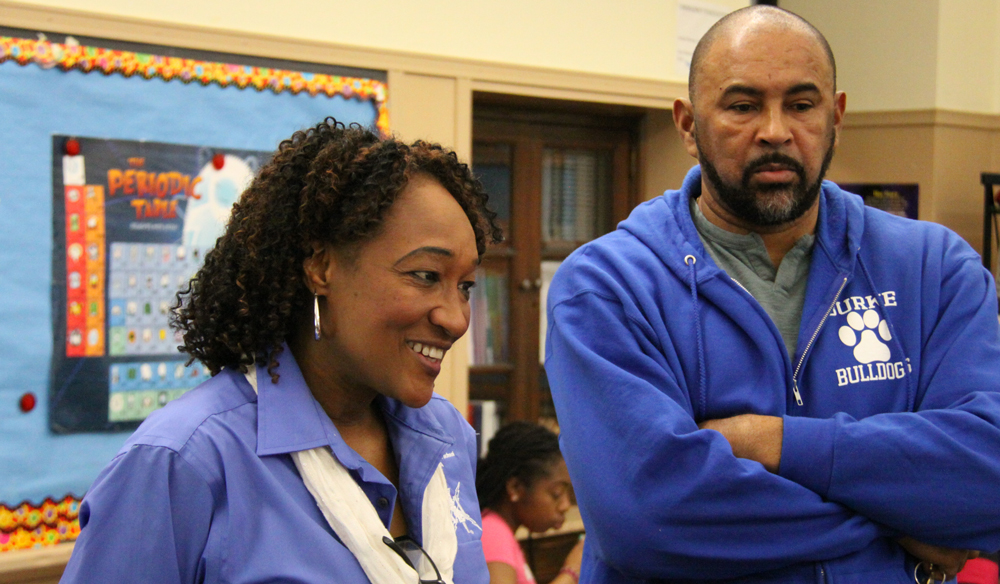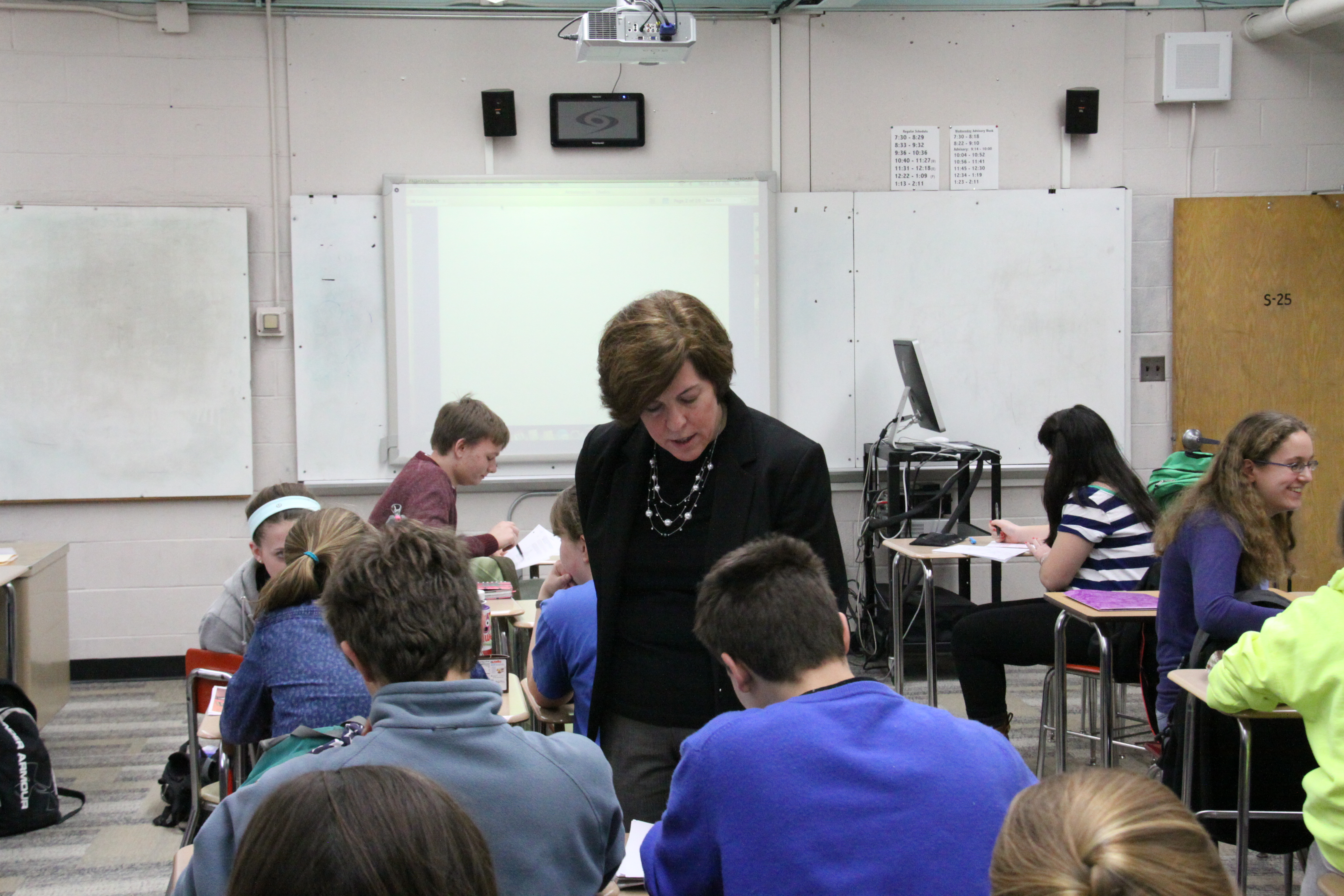Common Core
A report released by the Massachusetts Business Alliance for Education (MBAE) Thursday shows the Massachusetts Comprehensive Assessment System (MCAS) does not indicate a student’s preparedness for post-high school success, and lacks "alignment with college and career expectations.”
Across more than 40 states, teachers are aligning their curricula to the Common Core State Standards—K-12 education standards in Mathematics and English Language Arts. A state-led effort often believed to be a federal initiative (it's not), the Common Core has come under increasing scrutiny this past year. According to Stateline, 65 bills have been introduced across the country to delay or halt college- and career-readiness standards.

A trial run of new online tests in Massachusetts has received mixed reviews from the state’s educators. Although some school district officials say they’re confident they’ll be able to handle the shift to computer-based testing if it becomes mandatory in two years, others worry that technical problems on the local level will make the results meaningless.
In March and May, nearly 70,000 randomly selected students in Massachusetts took the new tests, which are meant to be aligned with Common Core standards now in place in 43 states. Hundreds of thousands of other students in 13 other states were also part of the trial run of the exam, which is known as PARCC, for the multi-state consortium that designed it, the Partnership for Assessment of Readiness for College and Careers.

Freshmen in David Nurenberg’s honors English course were spending their Monday morning analyzing the ending to “Oedipus the King.” For an hour, students theorized about why Oedipus would blind himself with his mother’s brooch and debated who, if anyone, was at fault in the famous Greek tragedy. One student dissected the play’s prophecy and another compared Oedipus to Lenny in “Of Mice and Men.”
It was the kind of discussion that some at Concord-Carlisle High School initially feared would become a rarity when Massachusetts adopted the Common Core State Standards, a nationally developed set of math and English language arts standards designed to prepare all students for college or the workforce.

When it comes to the debates around the Common Core State Standards and how best to educate our children, I have a unique perspective: I am a parent of school-aged children, a high school English teacher, and an adjunct college instructor. Every day, through these lenses, I am reminded of how important the Common Core standards are to our students.

It's been planned, it's been written, it's ready to go. But what's the final step in preparing for the implementation of a new test? To test it. Sounds like process, but it's a critical step.
The new federal Common Core standards, designed to layout what each student should know at the end of each grade, are ready for their close up. Over the next several weeks school children across the country will be taking the new tests, but it's not their grades that will matter.
 Massachusetts is one of 45 states — and the District of Columbia — that have adopted new education standards that set out what students from kindergarten through 12th grade should know in English and math. The standards, supporters say, will lift schools like Boston's Jeremiah Burke High School out of their academic slumps, increasing the number of students who are ready for college and careers.
Massachusetts is one of 45 states — and the District of Columbia — that have adopted new education standards that set out what students from kindergarten through 12th grade should know in English and math. The standards, supporters say, will lift schools like Boston's Jeremiah Burke High School out of their academic slumps, increasing the number of students who are ready for college and careers.











